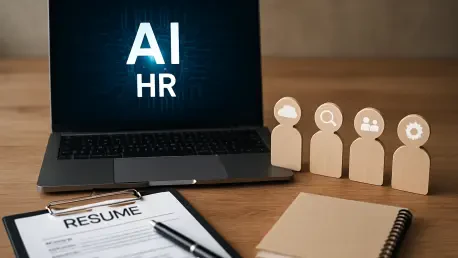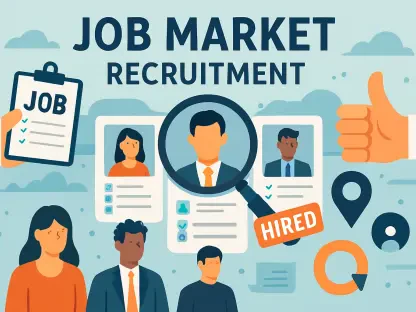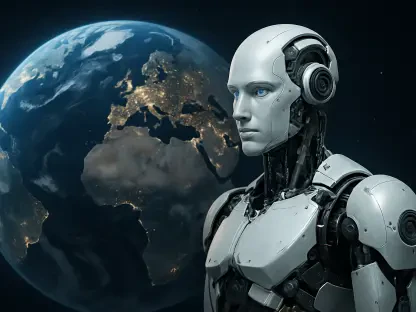Unveiling the Potential of AI in HR
In a rapidly evolving world where technology outpaces expectations, HR stands on the brink of transformative advancements powered by artificial intelligence. The urgency and speed at which HR practices are being revolutionized make one wonder: How far can AI push traditional boundaries? Revealing a breathtaking leap, AI adoption in talent and compensation management has surged from 60% to nearly universal implementation in just a matter of years. This revolution taps into an unprecedented opportunity for organizations to redefine the essence of human resource management.
The Imperative Role of AI for HR Transformation
Traditional methods of managing talent and compensation often grapple with inefficiency and lack of foresight. As digital transformation reshapes workforce expectations, AI emerges as a beacon for modern HR practices, addressing pain points like overwhelming manual tasks and scattered data interpretations. Through algorithm-based predictions and suggestions, AI aims to transform mundane processes into seamless operations, eliminating frustrations of time-consuming activities and paving the way for enhanced strategic planning.
Innovations in Talent Management Through AI
Artificial intelligence’s impact on talent management is nothing short of revolutionary, automating processes to nurture and maximize employee potential. Features like advanced feedback systems provide real-time insights, allowing managers to evaluate performance with unparalleled accuracy. For instance, AI-driven performance analysis tools grant employers comprehensive understanding of individual growth trajectories, converting vague performance reviews into concrete developmental goals. Such innovations empower organizations to cultivate talent with precision and foresight.
AI Paves New Pathways in Compensation Management
Compensation management, a traditionally painstaking task, experiences a new frontier thanks to AI’s sophisticated interventions. Enhancing interfaces and grid views, AI ensures compensation workflows align effortlessly with organizational aims, bringing clarity and efficiency to the process. Real-world analysis in top firms shows AI-equipped systems drastically reduced decision-making time while boosting employee satisfaction. Cases illustrate AI’s positive impact on streamlining compensation decisions, serving as a bridge toward more cohesive organizational strategy.
Perspectives from HR Technology Leaders
Industry leaders recognize the paradigm-shifting effects of AI in HR technology. Lori Smith, Vice President of Revenue at PeopleFluent, reflects on how vital continuous innovation is, asserting the significance of adapting tools to meet evolving client needs. Recent HR technology research highlights AI’s stellar benefits, including increased efficiency and data security enhancements. Testimonials from HR professionals portray personal experiences of witnessing AI’s transformative effects, affirming its indispensable role in redefining industry standards.
Pathways to Seamlessly Integrating AI in HR Practices
For organizations inclined to embrace AI’s promise in HR practices, strategic integration is vital. Laying practical steps, companies can start by auditing existing systems and identifying areas ripe for AI infusion. Customizing AI tools to address specific organizational needs ensures targeted solutions, fostering positive impacts across varied workflows. As organizations venture into AI, understanding the intricacies of successful integration, from respecting data privacy to thoughtful system adaptation, is paramount in maximizing ROI and employee satisfaction.
AI’s role in talent and compensation management reshaped how organizations approach workforce strategies, offering unprecedented opportunities for growth and efficiency. As firms moved forward, embracing AI’s potential led to empowered HR solutions that met unique challenges and continued evolving.









